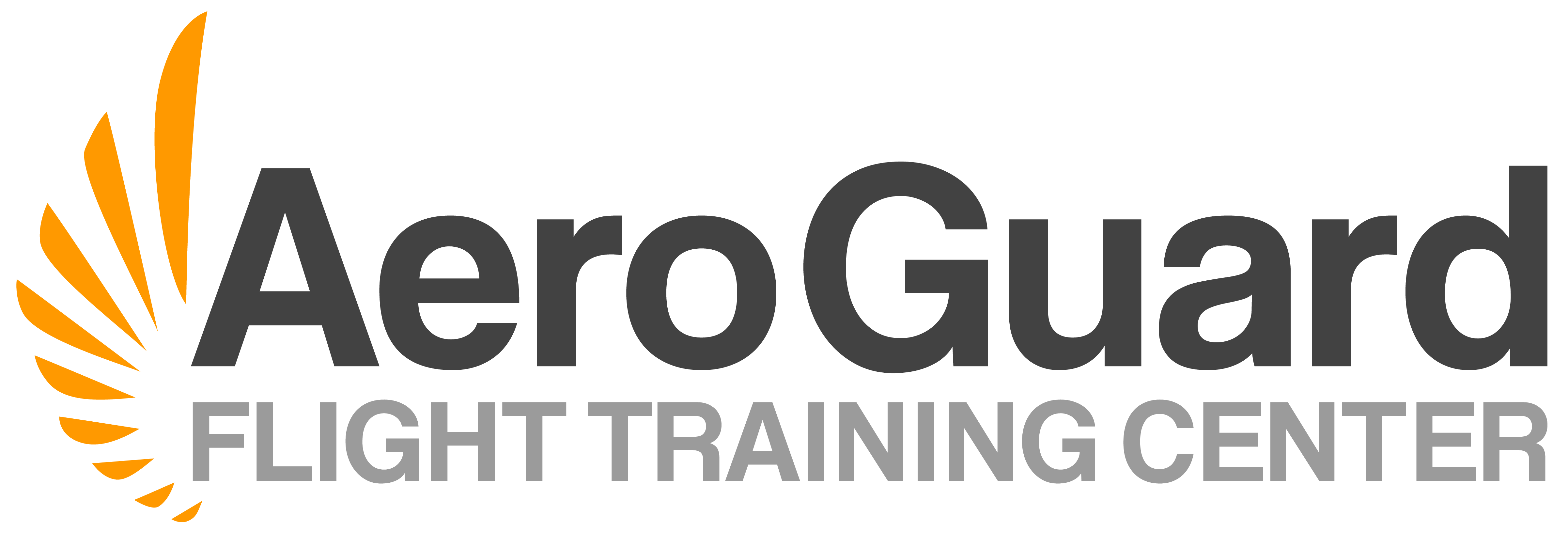How To Become A Cargo Pilot
How to Become a Cargo Pilot
When it comes to ‘behind-the-scenes’ flying, few carriers could compete with the two powerhouse overnight package carriers in the US – Federal Express (FedEx) and the United Parcel Service (UPS). Operating from cargo ramps ranging from small local airports to major international fields and fed by a huge network of vans, trucks, and feeder aircraft, FedEx and UPS move packages around the world to ensure the success of their highest priority deliveries.
Why Become a Cargo Pilot?
For a pilot or potential pilot, the cargo carriers may be a much less visible presence at the airport but offer another career opportunity many career aviators overlook. With a steady business demand that has proven resilient to downturns in the economy and even global pandemics, cargo carriers boast some of the highest hourly pay rates for pilots along with top tier benefits.
How Much Do Cargo Pilots Make?
Like a passenger airline, cargo carriers generally pay by the flight hour. By far the giants of the industry, FedEx and UPS top the pay scales not just of cargo carriers, but of the entire industry. A maximum scale FedEx Captain ranges from $289-335 per hour while the same Captain at UPS tops out at $351 per hour, regardless of aircraft flown.
A few cargo charter companies are exceptions to the hourly rule, generally because of their type of on-demand flying, and may pay a flat day rate or use a mileage-based scheme. A new hire pilot at Western Global makes $527 a day, while a maximum scale Captain will bring in $983. A First Officer at IFL starts at $62,000 annually, but also makes between five and 18 cents for every mile flown, a number that can quickly rise at jet speeds.
Finally, retirement packages vary from carrier to carrier. FedEx and UPS both offer pensions that provide six-figure incomes for pilots in retirement. The larger carriers such as Kalitta utilize defined contribution programs, where the company invests a certain amount into a pilot’s retirement account regardless of the pilot’s contribution. Most smaller carriers offer a typical percentage-match 401k program. These retirement offerings, along with other benefits such as disability coverage and life insurance, can drastically affect the stability of a potential career.
Cargo Pilot Education and Career Path
Depending on the company targeted, education requirements can vary. Of course all major cargo carriers will require you to hold an Airline Transport Pilot certificate due to the Part 121 regulations their flying operates under. Keep in mind the minimums posted on their job openings reflect exactly that and most candidates highly exceed the minimums. FedEx and UPS, in particular, can be extremely selective due to their high ratio of applicants to slots available.
After obtaining your pilot certificates and building time to Part 135 IFR Captain minimums (1200 total flight hours, among other requirements), you might consider flying for one of the ‘feeder carriers’ that connect small towns to larger cities. Companies including Mountain Air Cargo, Empire Airlines, Martinaire, and Ameriflight operate various aircraft including the Cessna 208 Caravan, Beech 1900, and Swearingen SA227 Metroliner.
Once you’ve hit Airline Transport Pilot minimums, you can begin to look at bigger opportunities. Though the major cargo carriers do hire pilots flying for regional airlines and that may be an appealing way to rapidly build flight time, if cargo is your goal it may be far more beneficial to aim squarely for a pure freight carrier.
A large amount of cargo flying is provided by ACMI carriers. An acronym for “Aircraft, Crew, Maintenance, and Insurance”, ACMI carriers can provide on-demand worldwide air service for everything from high value vehicles to perishable flowers. Two major utilizers of ACMI lift are Amazon (which contracts out all of its package flying) and DHL, an uncommonly seen package company in the US but a major player internationally.
In the US, the largest operators in the ACMI market are Atlas Air and Kalitta Air (founded by famed car racer Connie Kalitta), alongside other companies including ABX, Air Transport International, and National Airlines. Many smaller companies operate from a few to a dozen aircraft and may hire pilots as low as ATP minimums, potentially providing a way for a relatively low time pilot to get into a larger aircraft and earn some worldwide experience.
No matter how you build time, remember the larger cargo companies are just as competitive as the major airlines for pilots and anything you can do to stand out can help you have a shot for interviewing and hiring. Volunteer work, mentoring new pilots, and participating in industry organizations can help your resume to stand out.
The AeroGuard Advantage
Aeroguard trains pilots at three locations in the United States: Phoenix, AZ; Chandler, AZ and Austin, TX. If you are looking for focused, professional training that will get you to your goals quickly, our AeroGuard Pilot Pathway Program can help you accelerate your training.
Contact us today to speak to one of our pilot enrollment advisors. We look forward to speaking with you!

